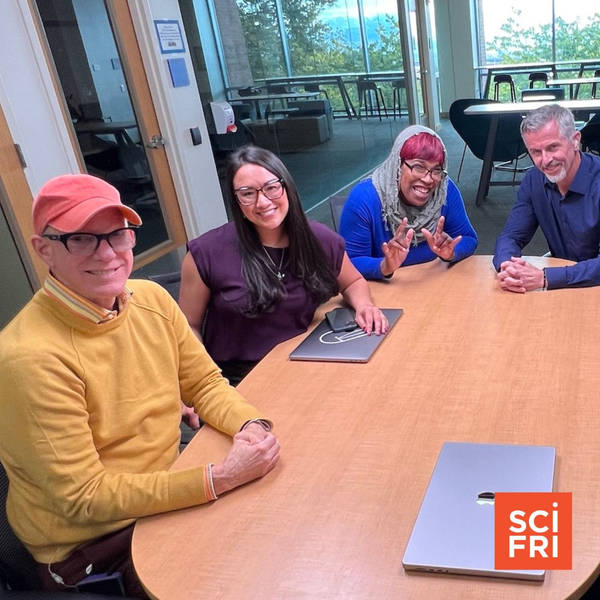
How A Deaf Advisory Group Is Changing Healthcare
When Tamiko Rafeek admitted herself to the hospital a few years ago, she asked for an interpreter. “I was feeling very, very sick that day,” she recalled. Rafeek is deaf, and the Americans with Disabilities Act mandates that deaf patients receive interpreter assistance when requested. But, like over 50% of deaf patients in healthcare settings in the United States, she didn’t receive adequate interpretation.
“It felt like the whole world was crashing in,” Rafeek said. “They kept taking my blood pressure and taking all these tests. And no one let me know why.” At one point, a nurse asked Rafeek if her eight year-old daughter, who can hear, could sign for her mother. Rafeek thought that was inappropriate. “I said, no, she’s too young. She’s my daughter, she shouldn’t be interpreting for me.”
It wasn’t until two days later, when Rafeek left the hospital, that she learned from her discharge papers that she’d been diagnosed with Type 2 diabetes. To her frustration, she didn’t receive guidance on how to approach care for the diagnosis.
Unfortunately, Rafeek’s situation isn’t uncommon. Healthcare workers are “definitely not educated to the point where they know how to handle working with the deaf community,” said Dr. Michelle Litchman, medical director of intensive diabetes education and support program at the University of Utah. Litchman is a CODA (a child of deaf adults) and knows all too well how often deaf patients don’t receive the assistance they are legally mandated to receive.
Years ago, her deaf aunt was admitted to the hospital for an infection. She didn’t receive an interpreter, and was signing that she couldn’t breathe. But the staff did not provide her with adequate care. She later died in the hospital. “We just know that it could’ve been prevented,” Litchman said.
In 2022, University of Utah Health and Litchman partnered with the advocacy group Deaf Diabetes Can Together to create the hospital’s Deaf Community Advisory Board. The board, made up of Rafeek and other deaf patients, advised the hospital on how it could improve care for its patients with diabetes, a condition deaf people are twice as likely to have. Litchman plans to expand this model for other marginalized groups, including rural and Pacific Islander patients.
Ira Flatow sat down with Rafeek and Dr. Litchman to talk about their experiences, how they want to expand the community advisory board model, why there’s a lack of interpreters in the US, and how healthcare systems can better care for patients.
Want to learn more and participate? Visit sciencefriday.com.
To stay updated on all things science, sign up for Science Friday's newsletters. Transcripts for each segment will be available the week after the show airs on sciencefriday.com.
Subscribe to this podcast. Plus, to stay updated on all things science, sign up for Science Friday's newsletters.
